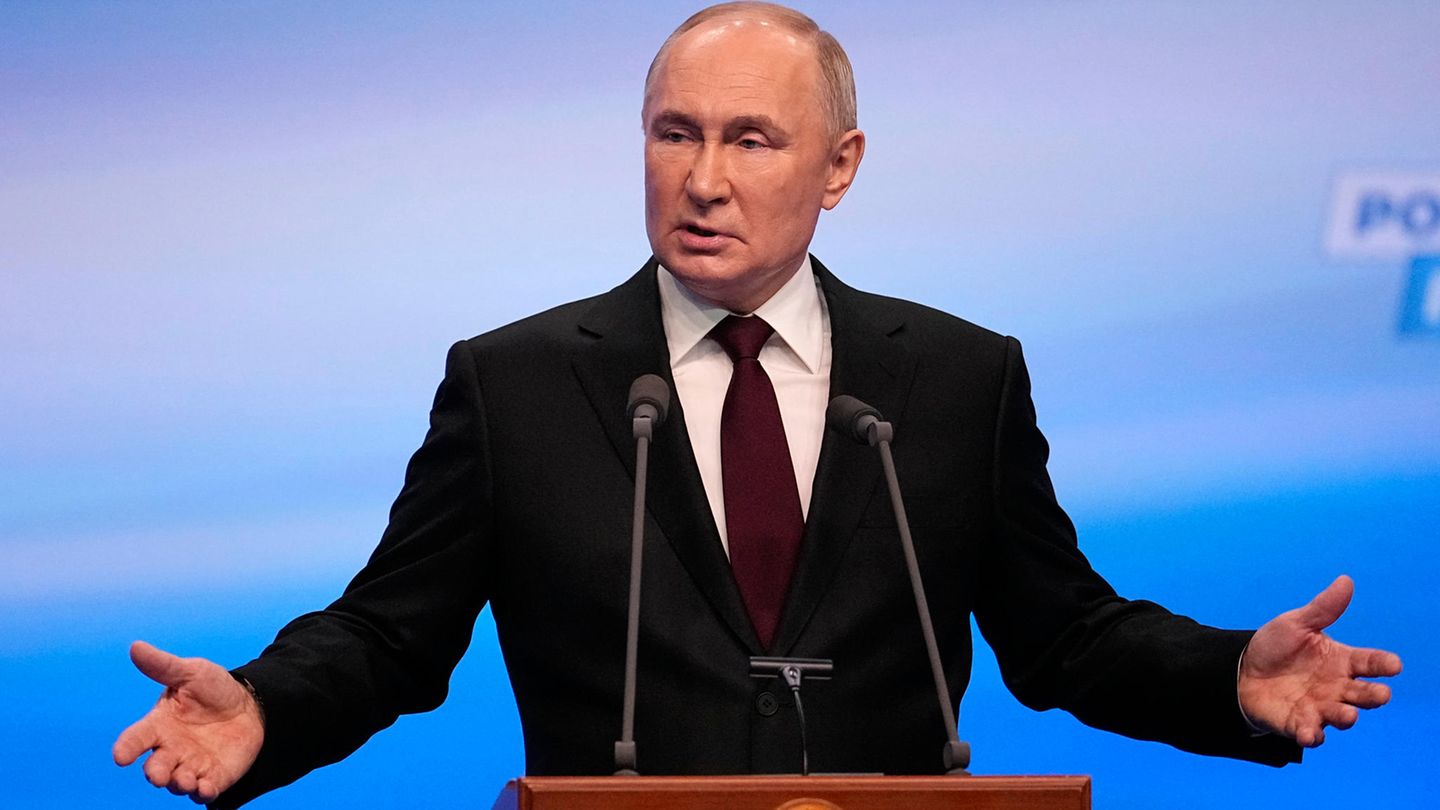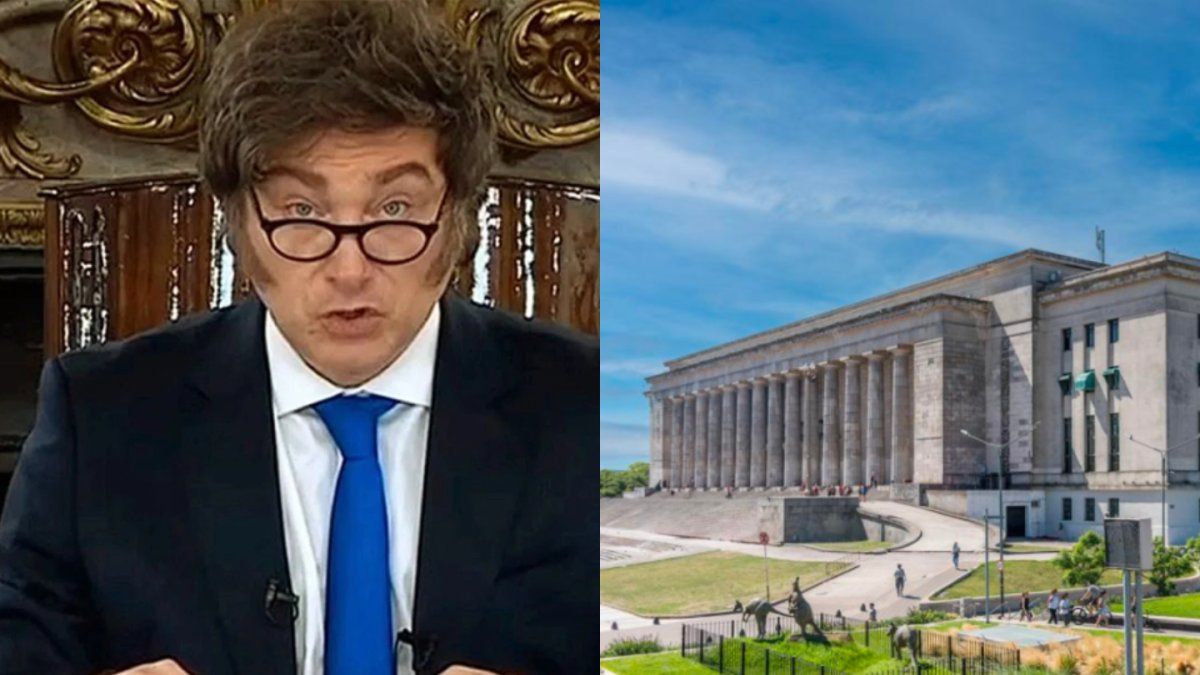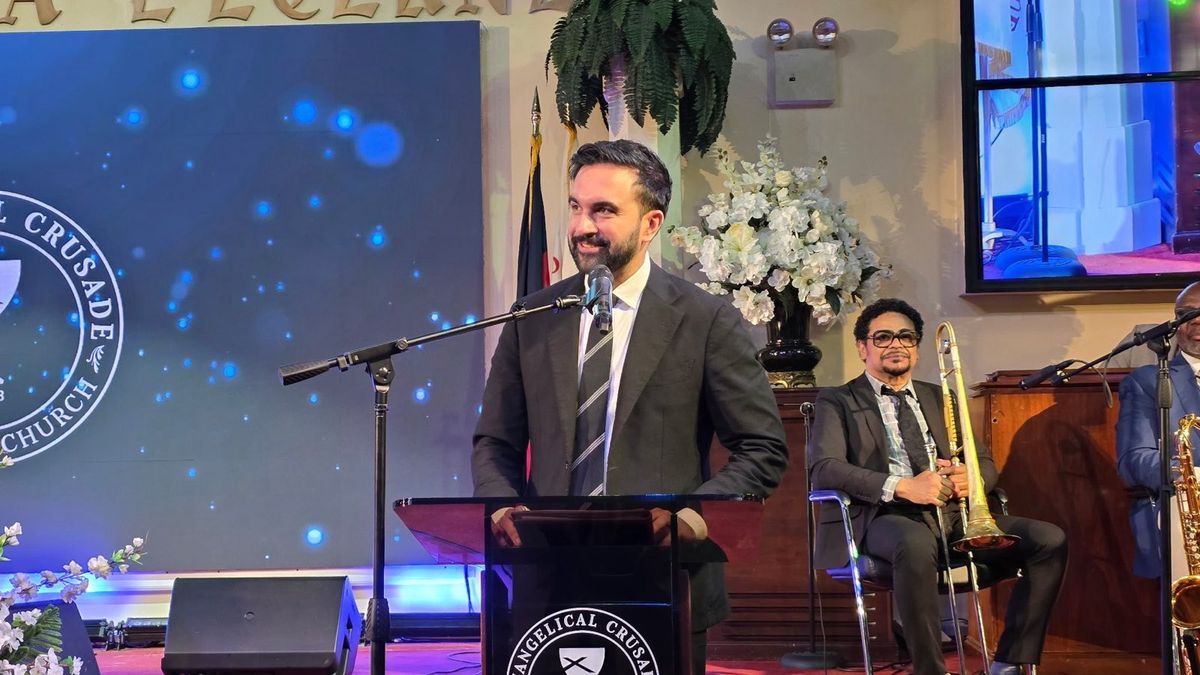Opinion
The eternal president is seen by many in and outside Russia as a man without an alternative. There is no successor. This is a huge problem for Europe.
by Nils Kreimeier
This article is adapted from the business magazine Capital and is available here for ten days. Afterwards it will only be available to read at again. Capital belongs like that star to RTL Germany.
Even before the so-called presidential election in Russia had even come to its expected end, the pro-Putin faction in Germany spoke out. The SPD foreign policy expert Ralf Stegner warned that one should “not think that the broad majority of the population is against Putin” and described the Kremlin autocrat’s system as “stable.” Klaus Ernst, a former left-wing politician and now with the Wagenknecht alliance BSW, called for negotiations as usual and claimed that there was “no alternative” to President Vladimir Putin in Russia.
The comments come from a particular school of thought that tends to forgive the Kremlin a lot and instead place the real responsibility for Russia’s war of aggression against Ukraine on the West. And yet, of course, both are right on one point: there is actually strong support for Putin in Russia, even beyond all manipulation – and therefore there is currently no alternative. Even if a genuine opposition candidate had been able to run in the election, he might have attracted a noticeable share of war-weary Russian voters, but he would have had little chance of winning the election.
But what does that actually mean, a country with no alternative for the man at the top? What is presented here as evidence of Russia’s strength is actually a gigantic weakness. Putin, who turns 72 this year, may be able to do many things, but he will not live forever or even rule forever. And even though much of this is pure speculation, there are always rumors that question his health and resilience. So what happens if this person with no alternative fails for some reason?
Dictatorship has no backup for Putin’s failure
One of the big problems with dictatorships is that they have no mechanisms for such cases, and by definition they cannot have any. A fight to succeed Putin will therefore be a non-transparent, dirty, and perhaps even bloody dispute, which some in Moscow are already warming up to. A man like Dmitri Medvedev, for example, who was nominally president before, was sold as a liberal for a long time and has now reinvented himself as one of the fiercest hardliners in competition with the West. A shadowy figure like Prime Minister Mikhail Mishustin, of whom little is heard publicly, but who is said to have a very extensive network. Or at least the former intelligence chief Nikolai Patrushev, who could preserve the power of the former KGB people in the apparatus.
The question of who will be the successor is incredibly uncertain because it cannot be approached using the means of a Western democracy: poll numbers, regional election results or support from a party are completely meaningless in Russia because they do not form on their own, but are controlled from above become. In the end, everything boils down to an internal power struggle in which it is not just about politics, but also about a lot of money and, based on past experiences, even personal survival. All this at the head of a nuclear power and a huge military apparatus. Anyone who calls such a situation “stable” understands nothing about statics.
In addition, the country that Putin is now supposed to steer through his fifth term in office is in a precarious state. It may be that in Moscow you can get any yogurt you want and that the economy grew nominally last year. But this relative prosperity is based almost entirely on war:
The government will spend on the military in 2024, which would be a new record. According to estimates by the Russian Center for Macroeconomic Analysis (CAMAC), up to 65 percent of increased industrial production can be attributed to the war against Ukraine. The normal, civilian economy, investments in infrastructure and social spending, however, are falling behind.
Russia is in a trade policy impasse
Russia has reached a dead end in its trade policy: even before the war, the economy was poorly diversified, and revenue from oil and gas exports dominated and spoiled prices for other sectors. But now the country itself is in trouble on this front: the once powerful Gazprom group has lost its most important customer for decades in Western Europe and is likely to slide into the red. The oil business is only going on because Russia has built up a shadow fleet of tankers that are not adequately insured in any European port. And the clever experts who had built up a viable IT industry before the war are running away from the country – also for fear of being sent to the front.
So Putin is ruling a country whose population is shrinking rapidly, whose largest companies are going to the dogs, which is losing its bright minds and which can only stay afloat through war. And there is no plan for a successor. Such a country is not stable, but rather a huge problem for Europe.
Source: Stern




